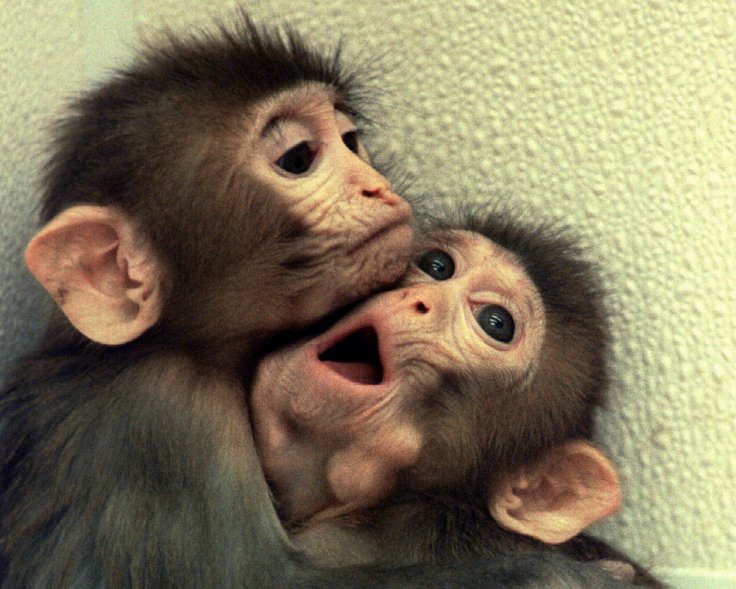
A team of Chinese scientists claimed in March that they have successfully implanted a human gene into a monkey's brain. The researchers who took part in the study revealed that splicing a human gene into the monkey's brain made it much smarter than before.
The move from Chinese scientists racked up negative criticisms from all corners and many experts claimed that it is against the law of nature.
But now, Su Bing, from the Chinese Academy of Sciences' Kunming Institute of Zoology, one of the lead researchers has defended this act and made it clear that the experiment has been reviewed by the university's ethics board and had followed Chinese and International best scientific practices. The researcher also added that the experiment also strictly followed International animal rights standards.
"In the long run, such basic research will also provide valuable information for the analysis of the etiology and treatment of human brain diseases (such as autism) caused by abnormal brain development," Su Bing told CNN.
As per Bing, exploring the genetic mechanism of human brain evolution is a major issue in the natural sciences. The researcher also mentioned that such experiments will continue in the future too.
A few months ago, a Chinese doctor named He Jiankui had sensationally claimed that he had created babies using CRISPR gene editing. Even though the scientists received negative criticisms from all corners, some of Jiankui's colleagues defended him and stated that he was trying to do something good, and really pivotal for the future of mankind.
Later, a team of researchers at the Institute of Neuroscience of the Chinese Academy of Sciences successfully developed five gene edited monkeys. Experts believe that such a development could help researchers to develop an effective treatment plan for diseases like Alzheimer's.









